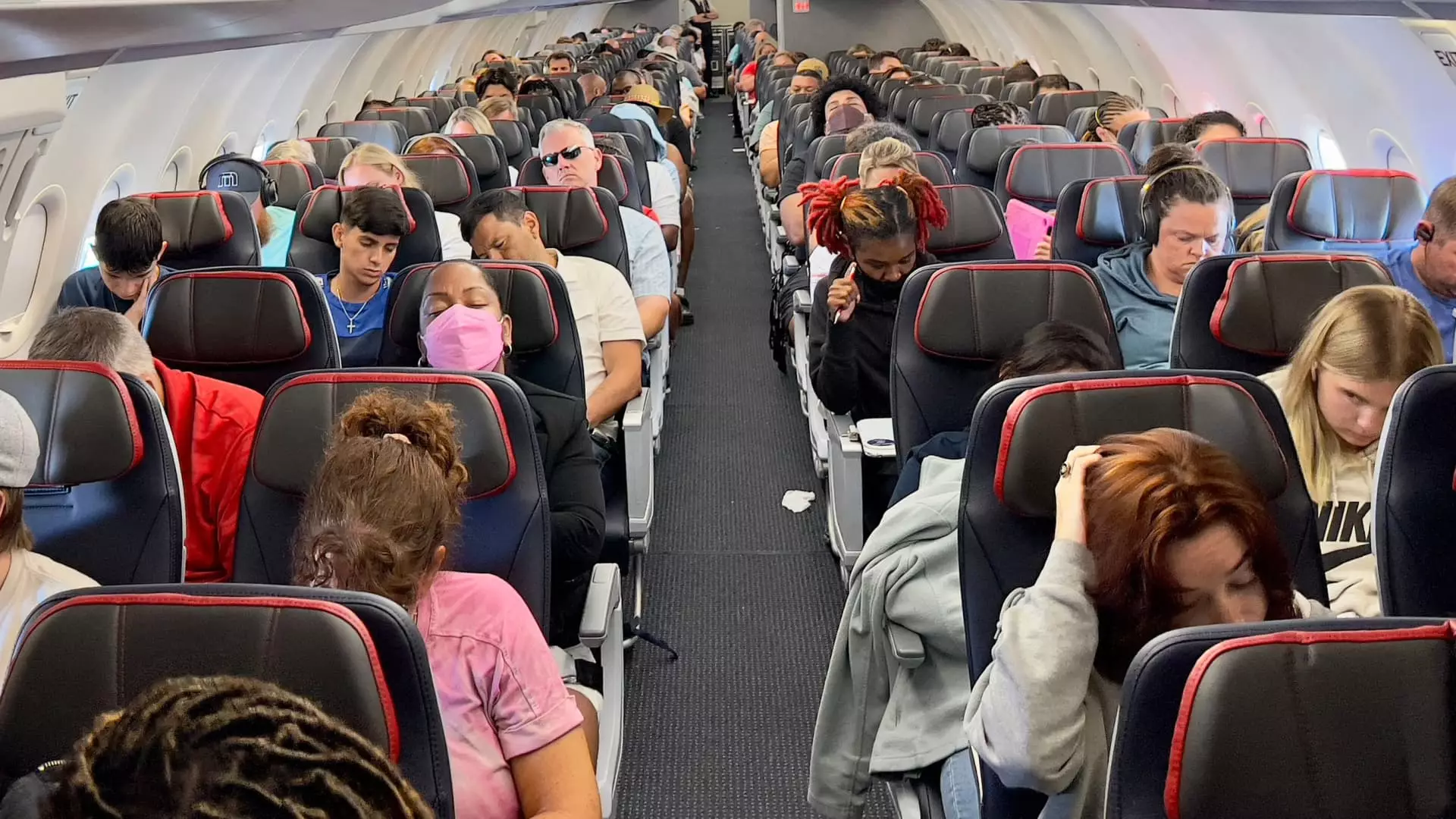In recent years, a common complaint among travelers has been the increasing number of additional fees charged by airlines, particularly when it comes to selecting seats. A notable Senate subcommittee report unveiled shocking statistics demonstrating that, over the span of five years, major U.S. airlines raked in a staggering $12.4 billion from seat selection fees. This figure encompasses payments for desirable seating options, such as extra legroom or seats near the front of the aircraft. As air travel becomes more accessible, the complexities and often hidden costs associated with it are raising eyebrows among policymakers and the traveling public alike.
From 2018 to 2023, airlines like American, Delta, United, Spirit, and Frontier have been capitalizing on these fees. The revelation that United Airlines alone pulled in $1.3 billion from seat selection fees last year signals a shift in how airlines prioritize their revenue streams. This shift is significant as it marks the first occasion since 2018 where revenue from seating options outpaced the traditional revenue generated from checked baggage fees. Resulting from this trend, it is evident that the initial ticket price may no longer constitute the total expense for customers. Instead, travelers find themselves caught in a labyrinth of additional costs, forcing them to weigh their options in a marketplace that increasingly emphasizes the purchase of “premium” experiences.
In light of these stark findings, the Biden administration has taken measures to address what they term “junk fees.” This initiative signals a commitment to transparency within the airline industry, aiming to prioritize consumer awareness about the total cost of air travel. Senator Richard Blumenthal, who chairs the Senate subcommittee in question, underscores the necessity for accountability by announcing a forthcoming hearing. This highly anticipated event, scheduled for December 4th, pertaining to the titled “The Sky’s the Limit—New Revelations About Airline Fees,” promises to shine a light on these worrying trends.
A spokesperson for Airlines for America, a prominent trade organization representing major U.S. carriers, has criticized the report, labeling it as a misunderstanding of the competitiveness and affordability of the airline industry. They argue that customers have the autonomy to select services according to their preferences, thus interpreting these fees as a form of choice rather than exploitation. However, this stance raises important questions about how well-informed travelers are regarding the total costs associated with air travel, prompting discussions around customer rights and business ethics.
The debate over seating fees in the airline industry is emblematic of broader issues related to transparency, consumer protection, and fair pricing practices within service-oriented economic sectors. As hearings and public discussions unfold, achieving a balance between corporate profitability and consumer rights will be crucial. Fostering an air travel environment that prioritizes clarity and integrity remains imperative for building goodwill and trust within an industry long criticized for its hidden costs. Moving forward, it will be essential for consumers to stay informed and engaged as these legislative efforts advance.

